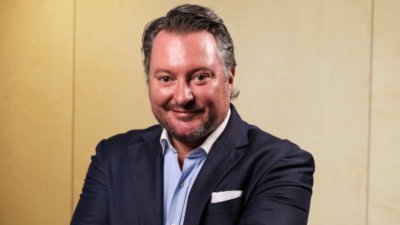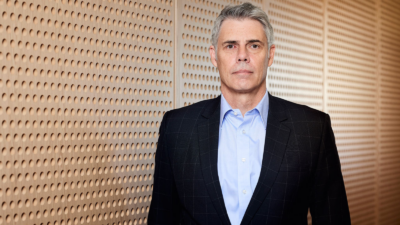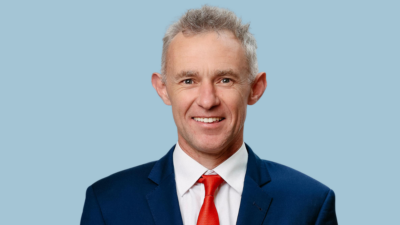-
Sort By
-
Newest
-
Newest
-
Oldest
Everybody’s anticipating a sweeping technological revolution, but they haven’t stopped to think about whether they’ll actually profit from it. More likely than not they’re holding onto horses when everybody’s making cars.
With Cbus eyeing the $100 billion mark, it’s figuring out what it can do well and what should be left to everybody else. And while other funds can’t wait to head overseas, it’s decided to stay home.
If greed is good in the world of private equity, it’s anathema to super funds and other pension plans with members that will never make as much money as the people who manage their retirement savings.
Some of the country’s biggest super funds have navigated volatile markets and write-downs in one of their favourite asset classes to deliver solid returns in a tough year.
Big funds can be cheaper and drive hard bargains in the private markets – but it’s easier to see them coming and harder for them to get money where it needs to go.
AustralianSuper’s appointment of a new deputy CIO with the lion’s share of responsibility for its overseas investments demonstrates the growing importance of international diversification for the country’s biggest funds.
Australia’s largest super funds are casting a close eye over their property and infrastructure allocations amidst challenging market conditions, according to new research from J.P Morgan. And while investment internalisation continues to gather pace, not all funds are sold on its worth.
Australian Retirement Trust has warned that introducing more granularity into the YFYS test might only confuse members and that funds will incur greater transaction costs as new benchmarks are added to it.
The last 12 months have been challenging for Australian Retirement Trust, but the amount of noise in the market has been “quite productive”. It’s also shown that when it comes to unlisted assets, price is more volatile than value.
AustralianSuper CIO Mark Delaney believes the fund is harder on internal teams than external managers, but says that its unlisted property experience has been “the worst of all worlds”.














